weekly
Written by: Chen Xunlin
2021-03-01 18:00
Last update date: 2021-03-01 18:00
At present, the Hong Kong Stock Exchange is the preferred listing place for many Chinese stocks, especially the new economy giants. For example, in the next two months, Hey Tea, JD Logistics, and Dida Travel also intend to come to Hong Kong for listing hearings.
The Hong Kong Stock Exchange has been actively reforming in recent years. In its "Strategic Plan 2019-2021", it puts forward the goal of becoming "the preferred financing center for international investors in China and Asia".
Recently, the Hong Kong Stock Exchange intends to introduce a mechanism related to the listing of "Special Purpose Acquisition Companies" (SPAC), but apart from the stock market, what room for development is there?
How will the great political and economic changes drive Hong Kong's finance to a new level?
New economy stocks have come to Hong Kong for listing. Apart from the stock market, what room does Hong Kong have for development?
(Profile picture)
Last year, 154 companies were listed on the Hong Kong Stock Exchange, including four same-share companies with different rights, 14 biotechnology companies, and 9 newly listed companies using the secondary listing channel. The total initial public offering (IPO) raised capital was 397.5 billion. Yuan rose 27% year-on-year.
Benefited from the accelerated capitalization of the Mainland, the inflow of large amounts of capital, the brisk market turnover, the active IPO market, the vigorous trading activities, and the interconnection policies, as well as the substantial increase in transaction fees and listing fee income, the Hong Kong Stock Exchange Last Wednesday (February 24) announced the annual results, a number of data all reached new highs.
Last year's net profit increased by 22% to 11.505 billion yuan. Revenue and other income increased by 17% to approximately 19.2 billion yuan. The total dividend for the year was 8.17 yuan, an increase of 22% year-on-year.
In terms of market transactions, the average daily turnover of the Hong Kong Stock Exchange last year was 129.5 billion yuan, an increase of 49% from last year. The average daily turnover of Shanghai-Shenzhen-Hong Kong Stock Connect and Bond Connect both reached new highs. Except for the underlying stock market, the average daily turnover of futures and options last year The volume increased by 6% year-on-year.
What's more, from the beginning of the year to the 16th of last month, the average daily trading volume of the Hong Kong Stock Exchange was more than four times that of the London Stock Exchange.
This also gives the Hong Kong Stock Exchange more room for imagination. CITIC Construction Investment Securities previously predicted that the revenue of the Hong Kong Stock Exchange in 2021 and 2022 will be 247.8 billion and 27.39 billion yuan, and the company’s shareholders’ net profit is expected to reach 15.71 billion and 17.51 billion yuan. A target price of 622 yuan was given to the Hong Kong Stock Exchange.
The Hong Kong Stock Exchange announced its full-year results last Wednesday (February 24), with a number of data reaching new highs.
(Information Picture/Photo by Zhang Haowei)
Bond Connect is catching up
Li Xiaojia, who has just stepped down as the chief executive of the Hong Kong Stock Exchange, once said that in the past ten years, Hong Kong has used the advantages of "one country, two systems" to act as a translator and converter for China and Foreign Unicom, realizing "three links and one support"-Stock Connect, Bond Connect, and Commodities Connecting and embracing technology, it is hoped that funds and commodities from China and the world can be interconnected through Hong Kong.
In addition to China's A-share index futures and stock markets, the mainland bond market has also become increasingly open.
Since 2010, the mainland has allowed foreign investors to directly enter the mainland bond market (northbound).
The global use of RMB continues to increase, the need for derivatives and reinvestment of RMB assets, and the increase in trading platforms, make it easier to enter the mainland bond market.
After the Hong Kong Monetary Authority and the People's Bank of China launched Bond Connect in 2017, the mainland bond market has developed well.
Generally speaking, international investors have a better understanding of the regulatory environment in line with international standards, coupled with market practices, allowing international investors to use Hong Kong as a platform to invest in the mainland bond market through financial intermediaries.
In addition, the interconnection mechanism has also become one of the thrusts for index companies to consider including mainland bonds as constituent bonds. China’s government bonds and some bank bonds have been included in the Bloomberg, JPMorgan Chase and other composite indexes and bond indexes, thus becoming passive allocation. Targets, Bond Connect trading will continue to grow rapidly.
Bond Connect will have active trading in 2020, with a total of 58,518 transactions totaling RMB 4.81 trillion, an increase of 82.8% compared to 2019; the total turnover of RMB 4.8 trillion, an increase of 83% year-on-year; and the average daily trading volume from the first month of opening The 1.48 billion yuan rose more than ten times to 29.4 billion yuan in January this year.
As of the end of 2020, foreign investors held US$428 billion in the inter-bank bond market in the Mainland, accounting for 3% of the total, of which more than 35% were bought and held through Hong Kong's Bond Connect platform.
The HKMA stated that it will study the Southbound Bond Connect and expand the trading varieties of Bond Connect to repurchase and other derivatives.
All kinds of data show that the mainland bond market still has great potential, but beyond that, what else can the Hong Kong Stock Exchange develop?
Bond Connect has active trading in 2020, with a total of 58,518 transactions.
(Profile picture)
M&A is not a panacea?
Feng Zhijian, the former managing director of BOC International Securities and the permanent honorary chairman of the Gold and Silver Exchange, who was the former vice chairman of the Hong Kong Stock Exchange, believes that in addition to the stock market, commodity trading is also a very important part of the exchange.
In fact, Li Xiaojia, who had just taken office as chief executive for two years, made the largest acquisition ever made by the Hong Kong Stock Exchange. In June 2012, he acquired the London Metal Exchange (LME) for HK$16.673 billion, because LME focused on metal futures trading. , The Hong Kong Stock Exchange hopes to expand its commodity trading platform beyond stocks and financial derivatives.
According to statistics from the Hong Kong Stock Exchange, the average daily turnover in January this year rose 1.36 times year-on-year to 245.7 billion yuan; the average daily turnover of Hong Kong stocks rose 49% year-on-year to 129.5 billion yuan; and the Shanghai-Hong Kong Stock Connect and Shenzhen-Hong Kong Stock Connect The average daily turnover of southbound trading was 13.074 billion yuan and 11.298 billion yuan, respectively, an increase of 92.4% and 83% year-on-year.
The total market value of Hong Kong stocks last year reached 47.52 trillion yuan, up 24.5% year-on-year.
In contrast, in addition to products related to equity securities and other related products, the trading of other derivative products such as commodity futures on the Hong Kong Stock Exchange is not active.
With reference to the "Securities and Derivatives Market Quarterly Report" for the fourth quarter of 2020, the average daily contract volume of all futures and options products (except stock options) is close to 500,000 contracts, but most of them are related to futures, accounting for about 97% .
The Hong Kong Stock Exchange has always been determined to enter the commodity futures market. Following the Shanghai, Shenzhen-Hong Kong Stock Connect and Bond Connect, the Qianhai Joint Trading Center (QME) under the Hong Kong Stock Exchange has started to study the interconnection of commodities with the mainland since 2014 and explore the "Commodity Connect" "I hope to replicate the "Stock Connect" to attract foreign investors to invest in the mainland market through the "Commodity Link" and provide more investment tools for offshore RMB funds.
All these have a positive impact on the promotion of RMB internationalization and the real economy. However, in the past five years, Commodity Link has not yet landed, and the average daily trading volume of LME fee-based metal contracts is only 571,000 lots, a decrease of 7% from last year.
Feng Zhijian believes that apart from the stock market, commodity trading is also an important part of the exchange.
(Photo by Huang Baoying)
The Hong Kong Stock Exchange offered a sky-high price of HK$290 billion to acquire the London Stock Exchange in 2019, but it ended in failure.
Taking into account the equity issue, Feng Zhijian bluntly said that fortunately, this "loss-loss" transaction was not made: "In fact, mergers and acquisitions are not necessary. There is complementarity, and interconnection is sufficient.” For example, in July last year, the Singapore Exchange and the Nasdaq Stock Exchange expanded their partnership to assist companies in listing in the two places.
Whether it is domestic or transnational, it is not uncommon for exchanges to merge with each other.
At that time, Li Xiaojia said that the merger can create a "cross-global, cross-time zone trading market", allowing investors to participate in the global market at low cost and high efficiency.
No one has a crystal ball to assert that mergers and acquisitions are ultimately profitable, but Hong Kong does need to open up all kinds of imagination for financial development.
In addition to the reform of the Hong Kong Stock Exchange, the appointment of the CEO is also worth noting. In early February, the Hong Kong Stock Exchange announced the appointment of Nicolas Aguzin, the former chairman and chief executive officer of JPMorgan Chase Asia Pacific, to replace Li Xiaojia as chief executive officer. The relevant appointment is now pending for the Securities Regulatory Commission. Will approve.
Ou Guansheng and Li Xiaojia were both born in JPMorgan Chase and have become permanent residents of Hong Kong. However, his foreign background has attracted widespread attention. Feng Zhijian also has doubts about this: "The selection of people must be cautious. When the central government is always mentioning "the rule of patriots" "Hong Kong", but handed over important financial markets to him (foreigners) at the helm. Is it really impossible to choose?"
Outsiders speculate that the Hong Kong Stock Exchange appointed foreign presidents to attract foreign investment and restore market confidence. However, Feng Zhijian has reservations about this decision. He believes that the financial industry is the main lifeline of Hong Kong, and there is no need to raise questions about information security and sense of belonging. "Choosing the right person is also very important."
The above is excerpted from the 254th "Hong Kong 01" Weekly Report (March 1, 2021) "Stock Market Outer Hong Kong Stock Exchanges Should Open up Imagination Space". If you want to read the full text, please
click here to
sample the weekly newsletter and browse more in-depth reports.
Selected content of the 254 issue of "Hong Kong 01" Weekly News:
[Cover Report] How will the great political and economic changes move from the north to the south to promote Hong Kong's finance to a new level?
Is the HSI constituent stock reform "Hong Kong company" still valid?
Patriots ruling Hong Kong do not engage in "all colors" Who is Xia Baolong shouting to?
Seek truth from facts, solve the people's confusion and face the deep-rooted vaccine prejudice
Comprehensive comments on the "Budget" reform, no way out
Uncle Sam's hands-on construction can Biden realize the American high-speed rail dream?
[Technology.
In the future] Technet giants pay for news, Australia’s new law is not enough to save news media
In-depth report on the Monetary Authority Financial Industry Bond Connect 01 Weekly Report Hong Kong Economy Hong Kong Stock Exchange

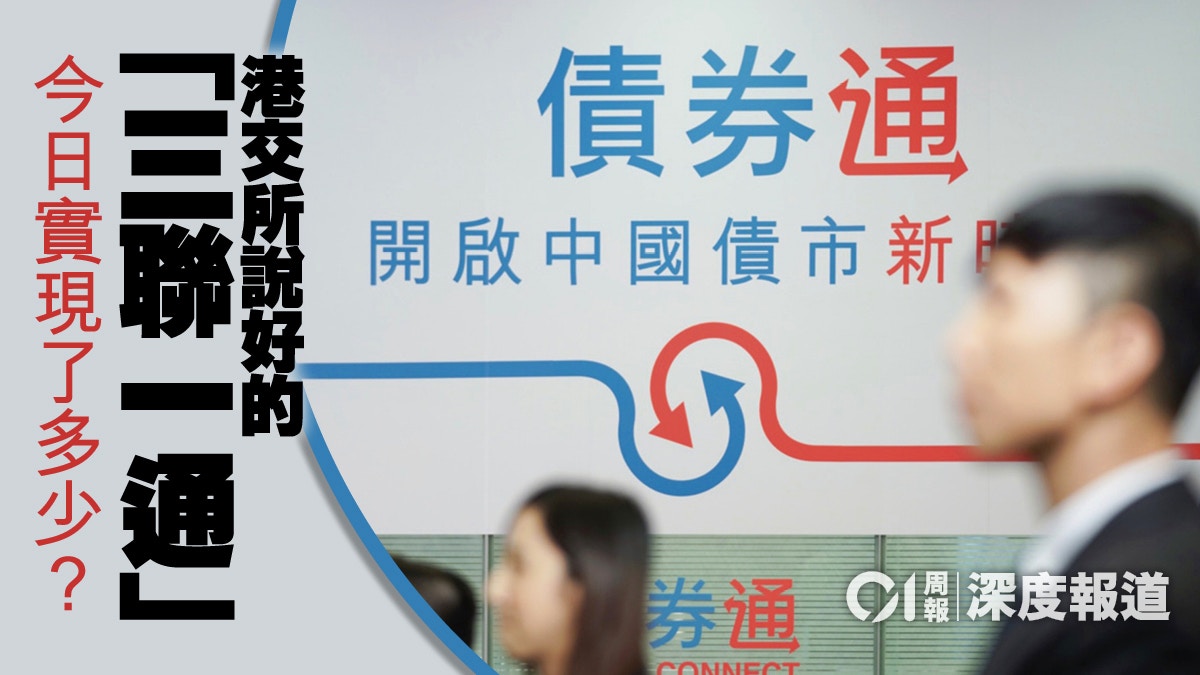
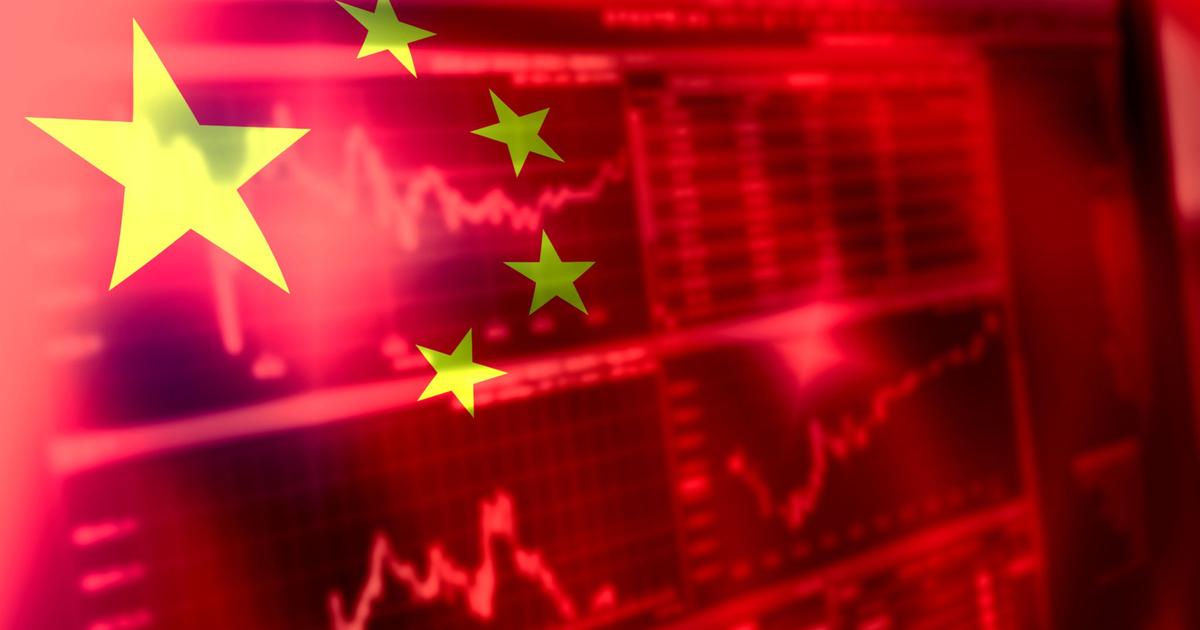
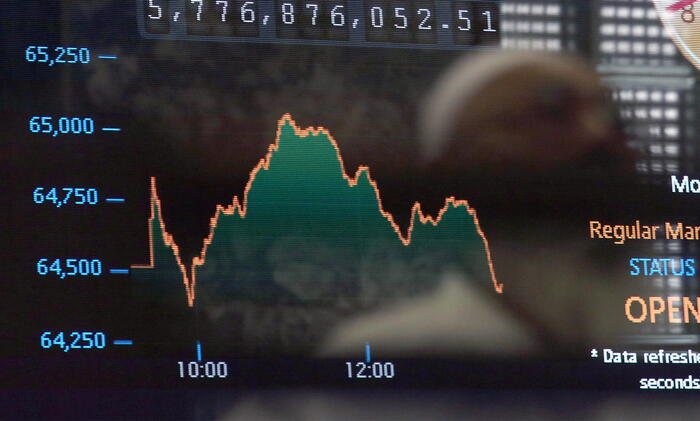
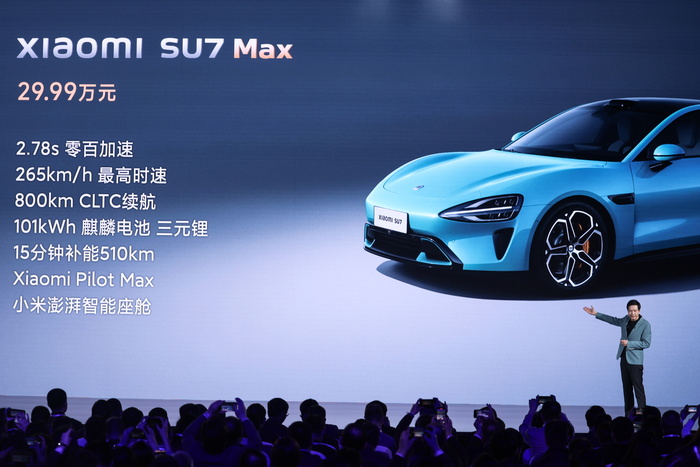
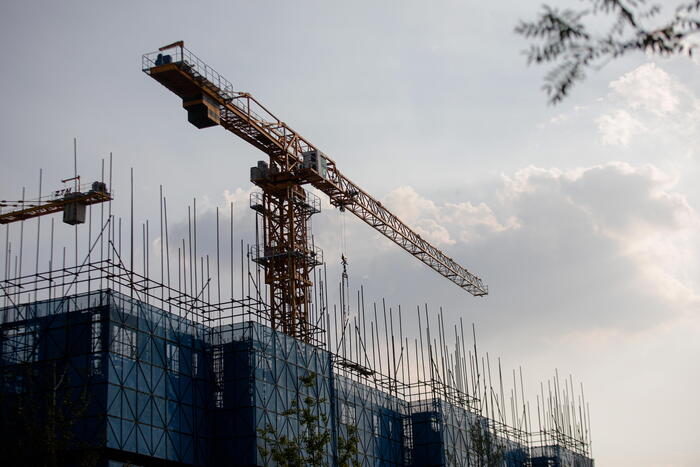
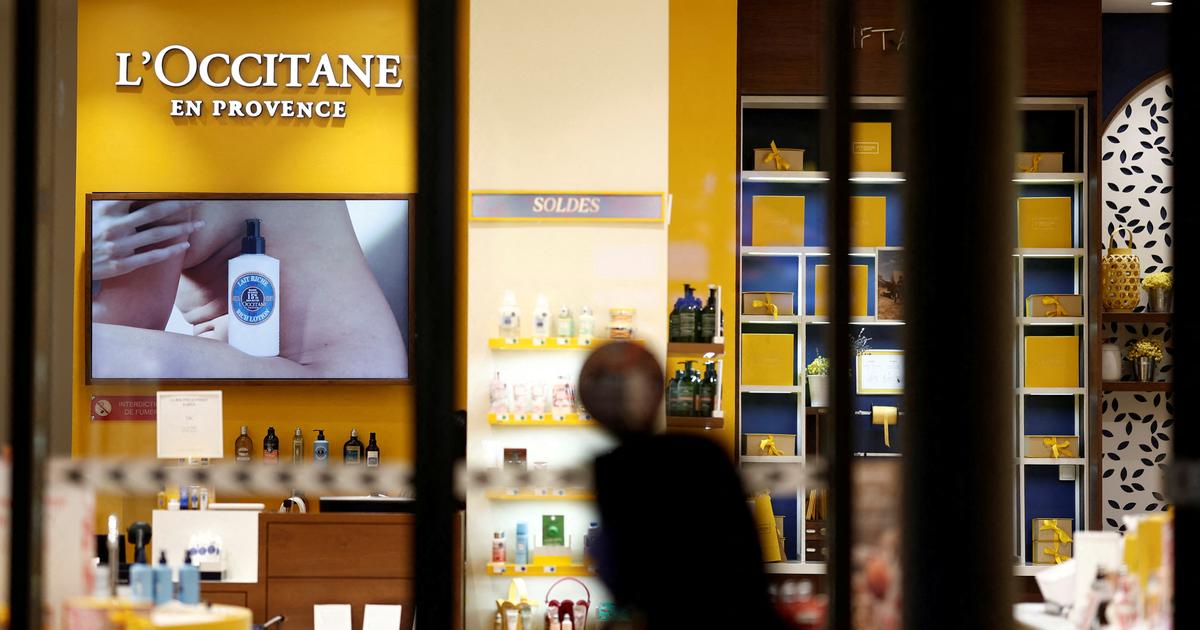
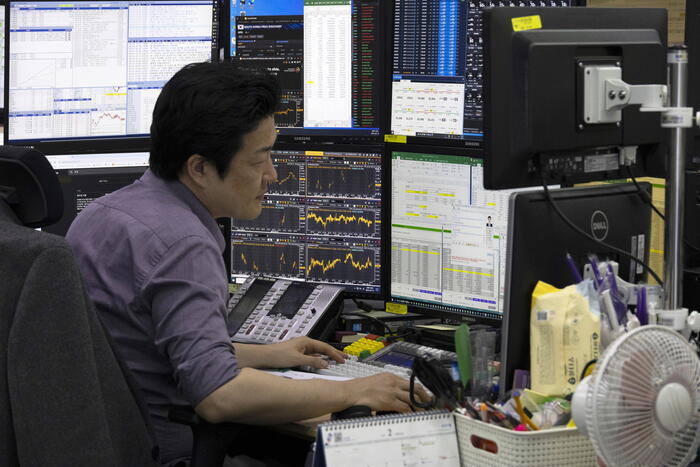
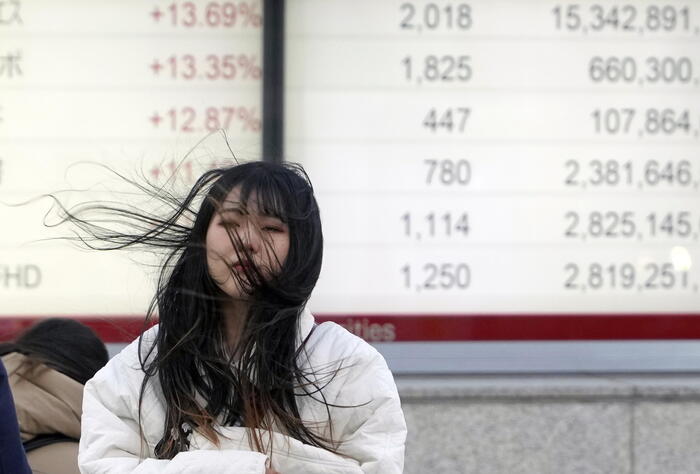

/cloudfront-eu-central-1.images.arcpublishing.com/prisa/KMEYMJKESBAZBE4MRBAM4TGHIQ.jpg)


/cloudfront-eu-central-1.images.arcpublishing.com/prisa/EXJQILQR5QI7OMVRTERD7AEZAU.jpg)
